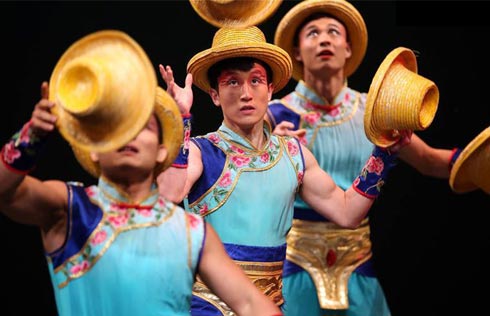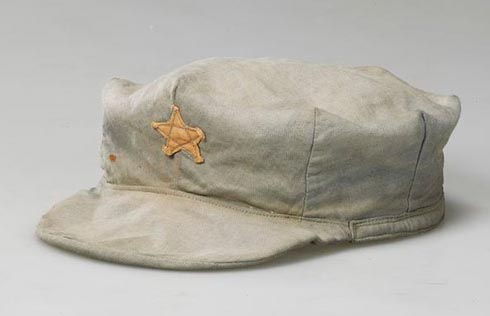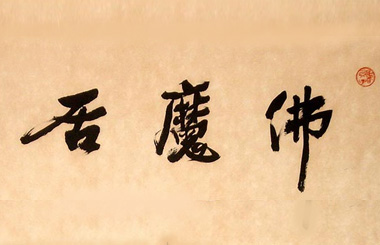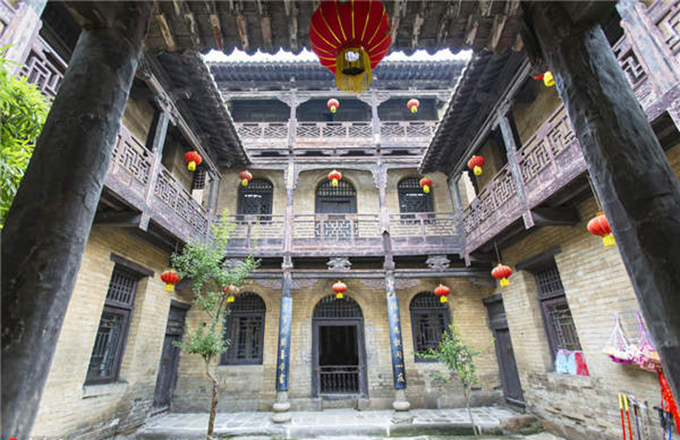Painter gives new life to tea and silk
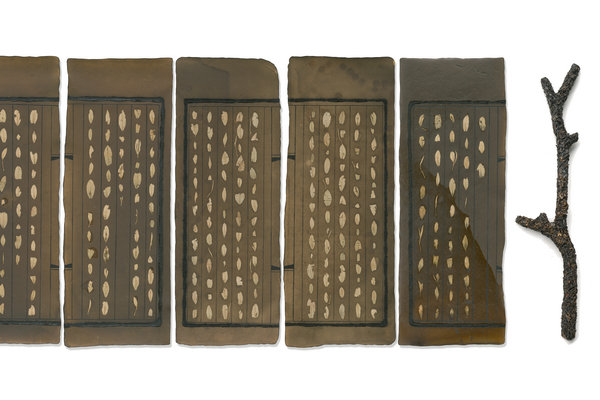 |
|
Jiang's works use ordinary objects such as leftover tea leaves. [Photo provided to China Daily] |
By using ordinary objects, he hopes to take audiences away from painting as a result of using colors to draw shapes. He wants them to focus on the new ways that these daily objects can be used and observed as parts of an artwork.
One thing on show is how "silk" is used as the major material for paintings. Here, Jiang cuts out parts of a piece of silk and uses the remainder as the painting surface. The cut-off part is cooked to produce concentrated colored water which he later uses as the paint. Then he sculpts the leftover rag into a shape and places it with the painted part to complete the work.
"The approach of transforming the silk offers a feel of a daily routines. In Chinese art, ever since ancient times, it has always been practiced in such a way that it has an intimate connection with day-to-day life," says Jiang.
He says that Western art was inspired by Christianity, from which it has developed a style that is quite theatrical, sometimes coupled with very stimulating, destructive and bloody elements. But Chinese art, he says, is rooted in the tradition of Confucius, which highlights a scholarly temperament and believes that culture should be part of one's daily life.






